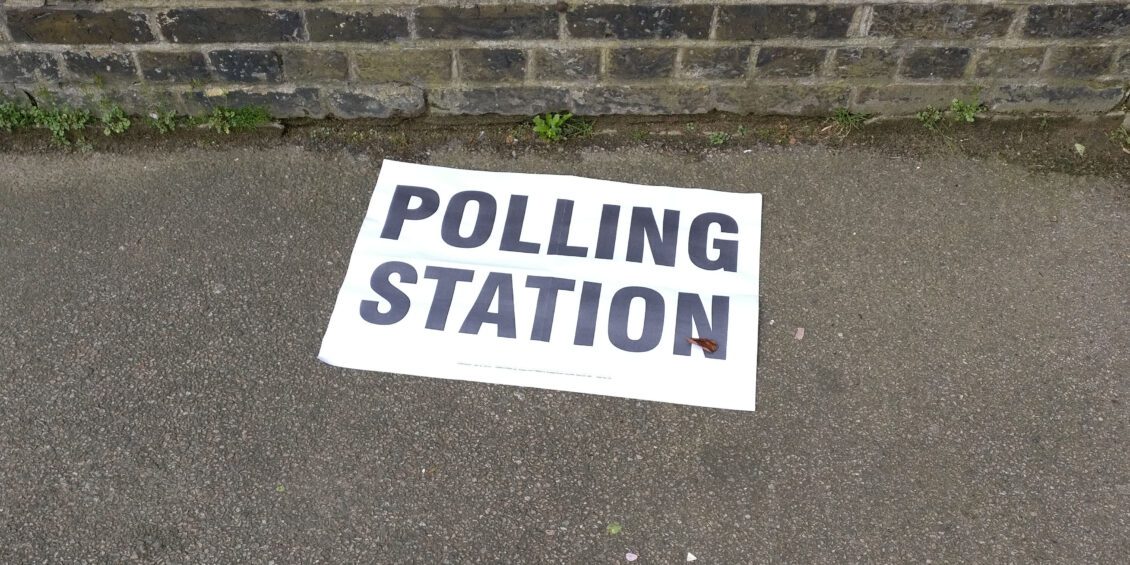
Whether it’s lies over Partygate or handing out covid contracts to supporters and allies or Boris Johnson’s plans to stuff the Lords with new peers in his final weeks in office, this government are never embarrassed by their own failure to understand the foundations of a good democracy.
Trust, transparency, fairness and accountability – this is what people look for in their politicians and their politics.
But this is just the minimum, the very least we should expect. A thriving democracy would be offering hope, vision and empowerment to its citizens too.
Instead, the UK parliamentary process facilitates an outdated model of ‘winner takes all’ politics which, in the case of the UK, has handed successive Conservative governments unearned majorities which they have used to attack the rights of working people. As we continue a summer of mass industrial unrest and strikes, nowhere can this be seen more clearly than in their efforts to undermine and erode the rights of ordinary workers.
Since 1980 there have been no less than fourteen employment and trade union acts, most of which represent a steady tightening of restrictions on trade unions and workers’ rights.
Many of these acts have been introduced swiftly after General Elections. In all cases the legislation has been introduced to parliament in less than seven months after the election.
Already, Liz Truss has announced that if she wins the leadership contest, trade union rights will be amongst the first things to go – introducing minimum service during rail strikes within 30 days of getting the keys to Number 10.
The unions are already fighting a rear-guard battle after the Government rapidly introduced law allowing agency workers to replace strikers.
But the Conservatives’ attacks on trade union rights are just part of their assault on democracy. Their commitment to undermining our democratic rights, be it though the Police, Crime, Sentencing and Courts Act and its restrictions on protest or the introduction of mandatory voter ID – a move that could shut millions out of voting.
The Conservative Party’s continued support for First Past the Post (FPTP) is another part of the problem. In their 2019 manifesto they claim the system allows voters to “kick out politicians who don’t deliver, both locally and nationally.” These are things anyone living in a ‘safe seat’ knows to be completely untrue.
“The Conservative 2019 manifesto claims the system allows voters to ‘kick out politicians who don’t deliver, both locally and nationally.’ These are things anyone living in a ‘safe seat’ knows to be completely untrue”
Under First Past the Post (FPTP), elections are fought in just a small number of marginal (swing) seats and that number is going down. This means that the balance of power – who ends up in Government – is increasingly in the hands of fewer and fewer people.
As well as leaving UK elections vulnerable to financial influence (something the Electoral Commission has been warning about for years), the existence of swing seats under FPTP creates an inbuilt incentive to distribute resources to certain areas and not necessarily those in greatest need.
The Conservative ‘Town’s Fund’ – a £3.6 billion fund to improve towns across England and ‘level up’ regions was investigated by the Public Accounts Committee and the National Audit Office over concerns about the distribution of these funds.
Academic research has shown that the ‘Towns Fund’ not only disproportionately favoured Conservative-held towns but specifically those in which the Conservative lead was marginal.
The call for change is growing louder in the trade union and labour movement. In June, Unison added its support to the campaign for proportional representation, joining Aslef, the Bakers union, FBU, Musicians Union, Napo, Prospect, TSSA, UCU and Unite. The latest poll of Labour members found that 83% believe the Labour Party should support changing the UK’s electoral system to proportional representation, up from 76% less than two years ago.
Labour members need to understand the arguments and the concept of electoral bias. The FPTP electoral system now substantially favours the Conservative Party and works against Labour. If the two parties gained the same vote share on election day this bias would likely see the Conservatives about 20 seats ahead of Labour.
Voters have to ‘game the system’ to get progressive representation in Parliament through vote swapping, tactical voting, standing down candidates or forming alliances. Whilst alliances have become a dirty word, weaponised towards Labour, it must be remembered that the Tories showed no shame in joining first with the Liberal Democrats and then the DUP to seize power under a FPTP system. Times have changed, and there can be no question now that if we are to achieve social and economic equality, then we need a progressive government led by Labour. We may have to secure it under FPTP and by working with others, but once we have power, we need to keep a seat at the table for working people and the only way to do that is through proportional representation.
This article oroginally appeared on the Centre think tank’s website